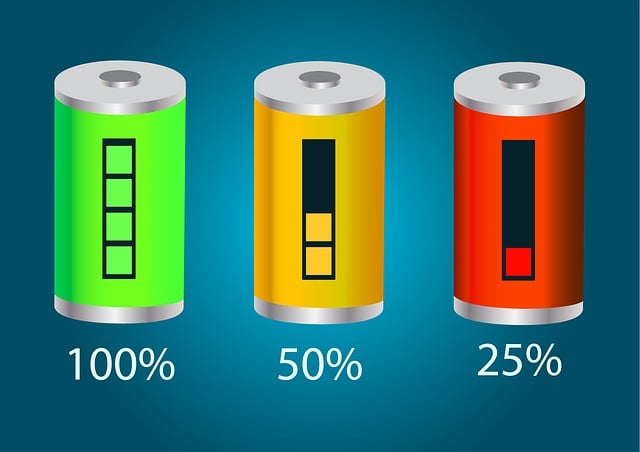Oregon's progressive Oregon drug guide prioritizes rehabilitation and harm reduction for drug offenses, decriminalizing small-scale possession while maintaining strict laws on distribution. Defense attorneys leverage diversion programs and challenge evidence admissibility to defend clients. The state's robust legal framework offers defenses like the exclusionary rule and mitigating sentencing factors. Understanding these strategies and local laws is crucial for favorable outcomes in Beaverton, Portland, or Eugene courts.
“Uncovering Oregon’s Drug Defense Strategies: A Comprehensive Guide. Oregon’s drug laws, intricate as they are, offer a unique legal landscape for residents and visitors alike. This article delves into the state’s regulatory framework, exploring common defense strategies employed by legal professionals. From understanding your rights to navigating the court system, we provide an insightful look at how Oregonians can protect themselves. Discover the key elements of Oregon’s drug guide and gain valuable knowledge on staying informed and defending against charges.”
- Oregon's Legal Landscape: Drug Laws and Regulations
- Common Drug Defense Strategies in Oregon
- Navigating the Court System: Your Rights and Options
Oregon's Legal Landscape: Drug Laws and Regulations

Oregon, known for its progressive policies, presents a unique legal landscape when it comes to drug offenses. The state’s approach focuses on rehabilitation and harm reduction rather than strict punishment. This Oregon drug guide reveals key strategies that defense attorneys utilize to navigate this legal territory. Understanding these regulations is crucial for anyone considering legal options related to drug-related charges in Oregon.
The state has implemented a comprehensive set of laws aimed at addressing drug use from a public health perspective. This includes the decriminalization of possession of small amounts of certain drugs, such as marijuana and methamphetamine. However, it’s important to note that distribution and sale remain illegal. The Oregon drug guide also highlights the availability of diversion programs, allowing non-violent offenders to avoid conventional prosecution and instead receive treatment or community service. These innovative strategies reflect a growing national trend towards more compassionate approaches to substance abuse.
Common Drug Defense Strategies in Oregon

In Oregon, understanding and leveraging drug defense strategies is crucial for anyone facing drug-related charges. One common approach is challenging the admissibility of evidence, such as seized drugs or incriminating statements made during arrests. Defense attorneys often argue that these pieces of evidence were obtained illegally, violating their clients’ Fourth Amendment rights against unreasonable searches and seizures.
Another strategy involves examining the chain of custody for any contraband to identify potential tampering or contamination. Lawyers might also explore alternative explanations for their clients’ actions, like substance abuse treatment options or mental health issues, instead of criminal intent. Oregon’s drug guide emphasizes rehabilitation over strict punishment, so presenting such cases can lead to more favorable outcomes. Additionally, knowing local laws and recent court decisions related to drug possession, distribution, and defense tactics is key for building a robust defense in the Beaverton, Portland, or Eugene courts.
Navigating the Court System: Your Rights and Options

Navigating the court system in Oregon regarding drug-related cases can be complex, but understanding your rights and options is essential for any defendant. The first step involves recognizing that Oregon has a robust legal framework designed to protect individuals accused of drug offenses. This Oregon drug guide provides insights into various defense strategies, ensuring that those charged have access to effective legal counsel.
The state’s court system offers several rights and defenses for individuals facing drug charges. One key aspect is the ability to challenge evidence if it was obtained illegally, a principle known as the exclusionary rule. Additionally, Oregon law allows for the consideration of mitigating factors during sentencing, which can result in reduced charges or lighter sentences. Knowing these options empowers defendants to make informed decisions and build a robust defense strategy with the help of experienced legal professionals.






